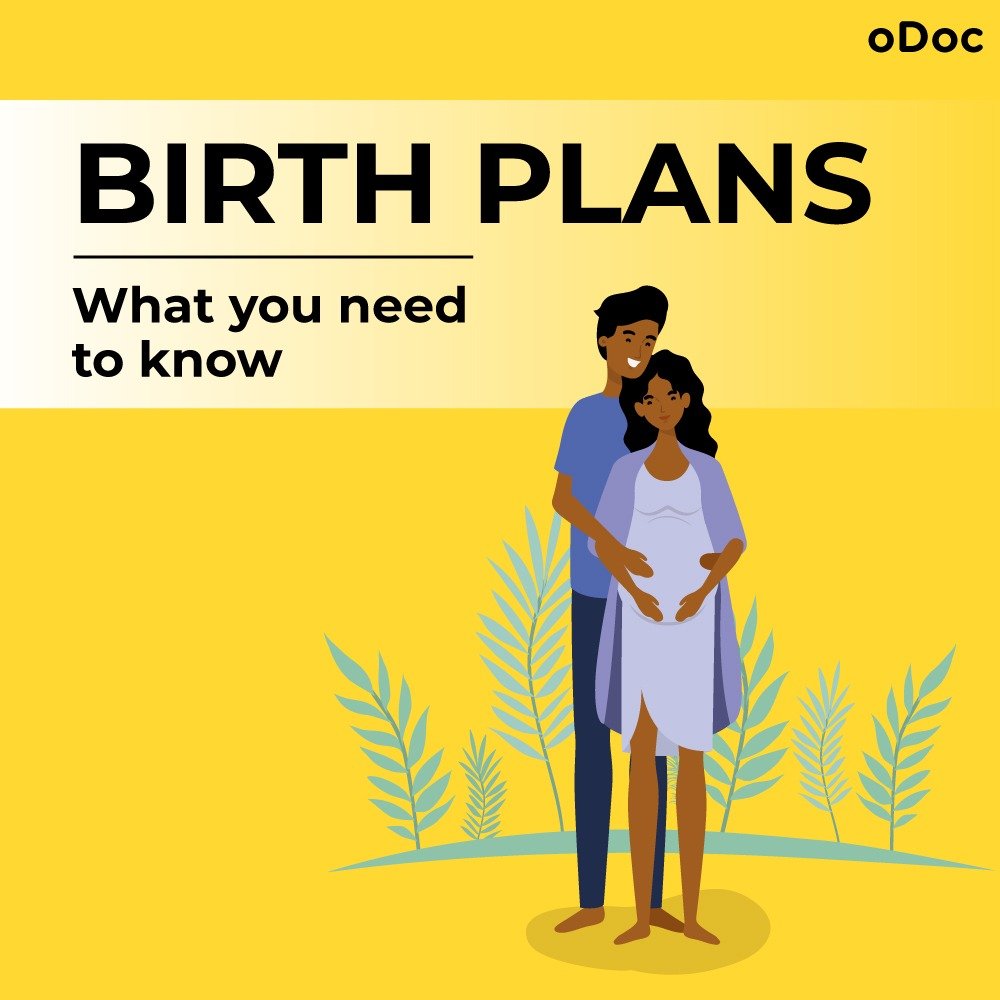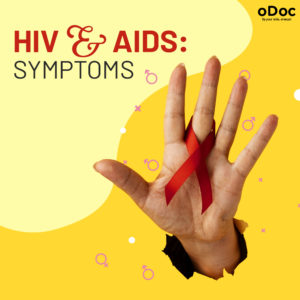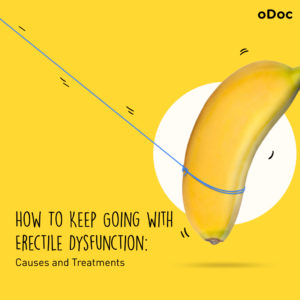- The first few weeks of breastfeeding, in particular, require a considerable investment of time. It IS time consuming, and new mothers can feel that all they do in the early days is feed!
- In addition, the breastfeeding technique can take a bit of practice to get right. Mums need to experiment with different holds and find solutions for attachment and positioning issues.
- There are potential physiological challenges, such as sore/cracked nipples, breast engorgement, blocked ducts, and mastitis/abscess which mums may have to navigate.
- Feeling like there is not enough milk can be a significant challenge for many mothers in their breastfeeding journeys. However, as I have written about in a previous article, this is mostly a perception issue. In as many as 95% of cases, it is easily surmountable with the proper support.
How important is it to have a supportive community?
I cannot stress enough the huge role a supportive community plays in successful outcomes for breastfeeding. In “the fourth trimester”, women adjust to being mothers just as much as their babies adapt to life outside the womb. This postnatal period seems to be universally defined as 40 days.
Kimberly Ann Johnson, author of the book “The Fourth Trimester” says:
“Everything that a new baby needs, a new mom needs. So you know a new baby needs swaddling, you know a new baby needs a constant food source, you know a new baby needs eye contact, you know a new baby needs soothing. That’s everything a new mom needs.”
But the best way of caring for a breastfed baby is to care for their mother. Feed her, love her, support her by taking care of other stuff. Do housework, run errands, look after older children. The same goes for supporting women who are bottle feeding.
How can we as a society make breastfeeding easier for mothers?
As a society we can further encourage breastfeeding mothers when it comes to feeding in public. Public bathrooms are not acceptable places to feed infants! Establishments can train their staff on how to respond compassionately to a mother whose infant needs to feed, and to take a step further to provide a private space in which to do this, if required. Far too often this is left to the discretion of the staff, and so mothers have mixed experiences. Just one negative experience can be a huge setback to a mother’s breastfeeding journey, making her feel that she has to stop breastfeeding in order to leave the house and ‘have a life’.
Alongside all of this, the government MUST step up and make things easier for new families. In 2018, a significant amendment to the Shop and Office Act was passed in Sri Lanka which mandated the “provision of nursing intervals for nursing mothers” (previously only mandated in the state sector, although sometimes practiced informally in the private sector). This means that working mothers are now entitled to 2 paid feeding breaks of 1 hour per working day until their child is 1 year old.
This is a significant step forward – however longer, better paid leave for both mothers and fathers, as per the Swedish model, would do wonders for the well-being of the whole family, and in increasing breastfeeding figures.
If you are a new mum and are having trouble breastfeeding, you can speak to a doctor on oDoc. You can video call them from your home, baby in hand, even while breastfeeding! You can download the app here.












